Is fasting relevant to world-changers, advocates and we, the ordinary, who want to make a difference?
Have you ever fasted? Or maybe I should ask, have you ever practiced “decrease?” Fasting seems like such a religious term, although it is obvious that people from all corners of the world, religious or not, practice fasting, limiting, and decreasing at various points of their lives.
Maybe a “fast” is simply learning the art of saying “no” or switching to a disciplined diet. Or maybe it is the traditional pouring-on of ashes, wearing sackcloth and foregoing all food. Regardless, the goal is the same: decreasing so that you might change something and/or mindfully paying attention, pursuing, and praying about something.
Fasting & Changing the World
We might not generally consider fasting as a go-to-item on our list of things to do when trying to change the world. Especially for those of us who are that special brand of justice-caring-Christian because most of us adopted the stance that real fasting (skipping meals) isn’t important. After all, one of our go-to-passages in Isaiah 58 declares that our fast should be feeding the poor and ending oppression (so forget self-induced decrease as long as we are serving others).
Even if we maintain that fasting is outdated, there just might be something to the concept of fasting, or at least a version of decreasing. Let me demonstrate this with the LBD.Project, which we are currently living-out.
Is the LBD.Project a fast?
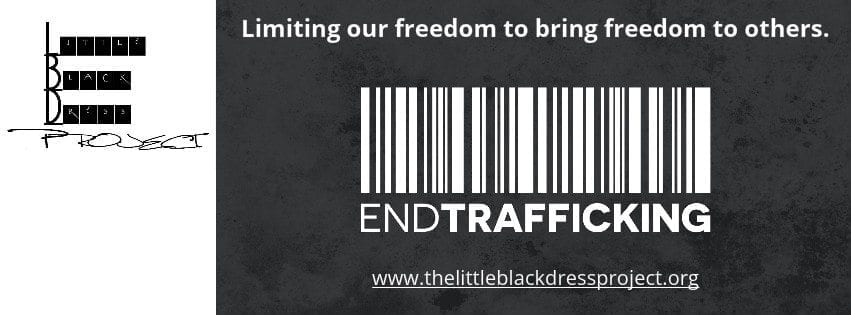
Each and every year a group of us take part in a collective movement, the LBD.Project. If you aren’t familiar with it, essentially we choose an item of clothing and wear it each day for a month to bring awareness to human trafficking, challenging ourselves while raising money for various organizations.
The other week I found myself explaining why we do this as my daughter was asking me all of the questions while I was attempting to find this year’s dress. Regardless if it was just because I process verbally, or maybe it is simply that I am a dunce, in that conversation it finally hit me why wearing the same dress/shirt/scarf for a month is a big deal, even though it seems like it is not much of anything.
But doing nothing can be a big deal.
How do you explain a lack, not a something? What I (and then later participants) were doing was nothing to make a difference. It was an opposite: we simply stopped doing what we normally did. In that conversation with my daughter, for the first time I really realized the LBD.Project is a self-created void. In many ways, it is a type of fast. No wonder most people find it somewhat challenging and it has somewhat spiritual results!
Although one woman did the LBD.Project for lent, I explain it as a “minimalist project” and I call it a “limiting of freedom,” why is it that I was never able to really understand what we were doing? That we were fasting? Those semantics might mean nothing to you, especially if you don’t come from a religious background. But for me, recognizing that this is a fast, an intentional decrease, was very revealing to me.
Good ol’ fashioned pruning
Scripture refers to this decrease as pruning (yes, pruning, like in gardening). I’m sure it is not just something Jesus talked about, but that the concept of pruning takes up plenty of print in the good ol’ Farmers’ Almanac (but who actually reads the Farmer’s Almanac?) and I have no doubt vineyard workers argue about what to prune on a daily basis. Essentially, if you don’t prune a tree, bush, or grape vine, it will not grow the right way and it will not produce fruit (or at least not to its potential). In general, for a plant to become fully alive, it must be cultivated and pruned.
Although the majority of humanity is pruned through life circumstances, sometimes choosing to be pruned–making the cut yourself–speeds up the process to vitality and maturity.
To be a world changer, not only do we have to embrace humility but we must allow ourselves to be pruned. Let me re-word that: for us to become world-changers, we must pursue pruning. We must intentionally decrease, create a void, and yes, “fast” if we want to be both fully alive inside while producing our full potential of world-change on the outside. We might get there without being intentional about it, true. But, it might take us an extra five, ten, fifty years.
(And I am not even getting into what I believe about the connection with God that develops through prayerful fasting or the idea of spiritual power behind it, as there are already so many who’ve have written on that.)
Intentional decrease
I picked up a book I was given to review on Average Advocate because it had something to do with decrease, which seemed like I could relate it to the LBD.Project we are doing this month. Honestly, I swear, I didn’t realize it was a devotional essentially for Lent (a season in liturgical and traditional Christianity that also happens to be right now).
But despite my initial turn-off because it wasn’t what I thought it was, 40 Days of Decrease by Alice Britt Chole has really challenged me to really look at the effect of fasting–more than just saying “no” to something in the physical, but its power to change our core.
Stated simply, this book is a daily exercise in pruning, or decrease. It is a challenge to the traditional Lenten fast to actually embrace fasting as a deeper rooting-up of things in the heart. The goal is continual mindfulness, deepening maturity and gaining appreciation for God–all through choosing decrease.
One day we might fast skepticism, another day we might fast approval from others, and another day we fast prejudice. These fasts are much more difficult than just not eating (even thought we can do that too). After all, when was the last time you fasted escapism or neutrality?
Now imagine with me: what type of world changers would we ordinary people be if we matured in these areas? To be free of these things? How often does my search for approval and identity hinder me as I try to make a difference? How often am I annoyed at the injustice of prejudice and have such a hard time inspiring people to care about issues they are neutral on, or are skeptical of?
I would never expect that the LBD.Project would challenge us spiritually. But that act of decrease, in combination with fundraising, really creates substantial change because it transforms us world-changers too. We dedicate to seeking and pursuing change. We are pressing in rather than running away. Fasting–decreasing–helps us press in.
In a conversation with my daughter, I was able to understand why doing “nothing” (limiting our clothing options) through the LBD.Project was a type of fast. But it also proved to me, after seeing the LBD.Project take place over the last five years, how essential it is for world-changers to pursue maturity and growth through intentional fasting.
Do you want to change the world? Fast, prune, decrease.
__________________________________________________________
-Learn more, join, or donate to the LBD.Project
-If you want to understand why we do it go here, When You Can’t Stand It Anymore: The Real Reason I Started the Little Black Dress Project
-Check out the book, 40 Days of Decrease by Alice Britt Chole
-Another Average Advocate post on decrease: Art of Advocacy: Decluttering & Simplifying Life
___________________________________________
A True Fast:
‘We have fasted before you!’ they say.
‘Why aren’t you impressed?
We have been very hard on ourselves,
and you don’t even notice it!’
“I will tell you why!” I respond.
“It’s because you are fasting to please yourselves.
Even while you fast,
you keep oppressing your workers.
4 What good is fasting
when you keep on fighting and quarreling?
This kind of fasting
will never get you anywhere with me.
5 You humble yourselves
by going through the motions of penance,
bowing your heads
like reeds bending in the wind.
You dress in burlap
and cover yourselves with ashes.
Is this what you call fasting?
Do you really think this will please the Lord?
6 “No, this is the kind of fasting I want:
Free those who are wrongly imprisoned;
lighten the burden of those who work for you.
Let the oppressed go free,
and remove the chains that bind people.
7 Share your food with the hungry,
and give shelter to the homeless.
Give clothes to those who need them,
and do not hide from relatives who need your help.
8 “Then your salvation will come like the dawn,
and your wounds will quickly heal.
Your godliness will lead you forward,
and the glory of the Lord will protect you from behind.
9 Then when you call, the Lord will answer.
‘Yes, I am here,’ he will quickly reply.
“Remove the heavy yoke of oppression.
Stop pointing your finger and spreading vicious rumors!
10 Feed the hungry,
and help those in trouble.
Then your light will shine out from the darkness,
and the darkness around you will be as bright as noon.
11 The Lord will guide you continually,
giving you water when you are dry
and restoring your strength.
You will be like a well-watered garden,
like an ever-flowing spring.
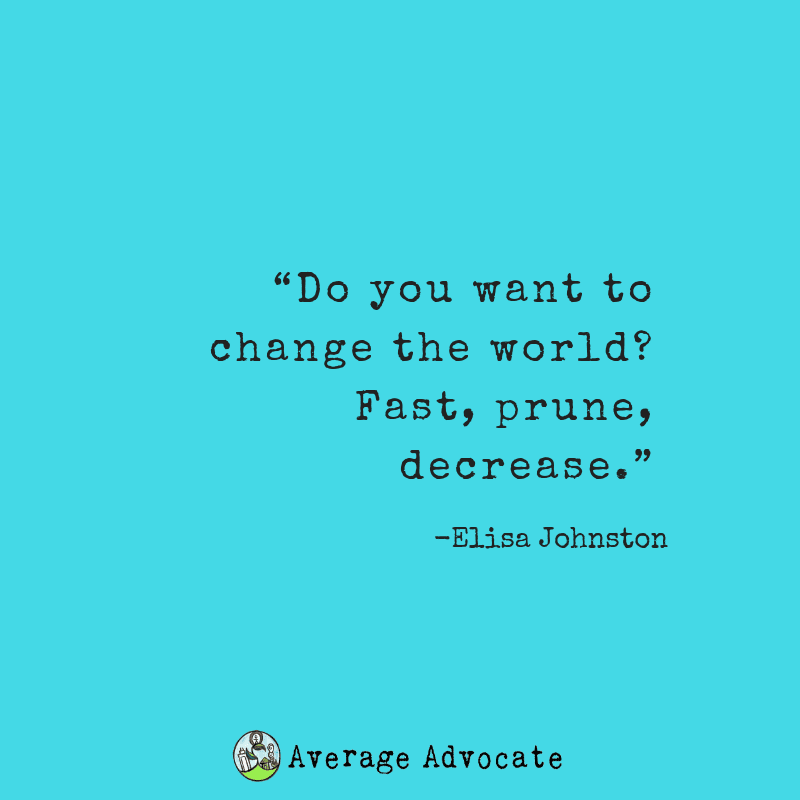

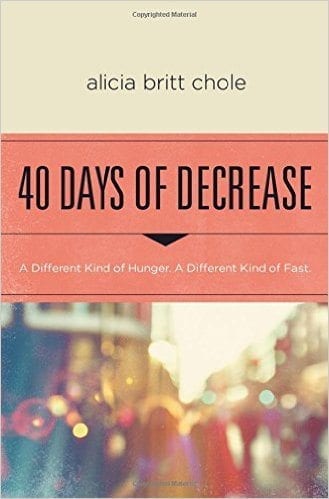
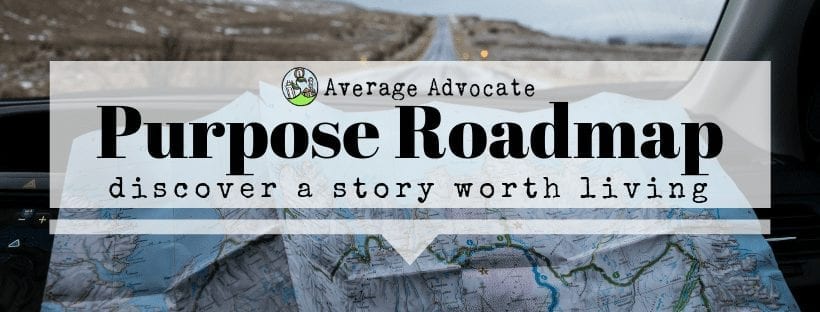
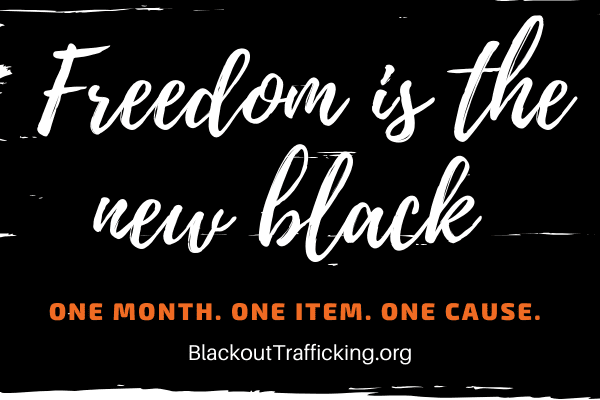


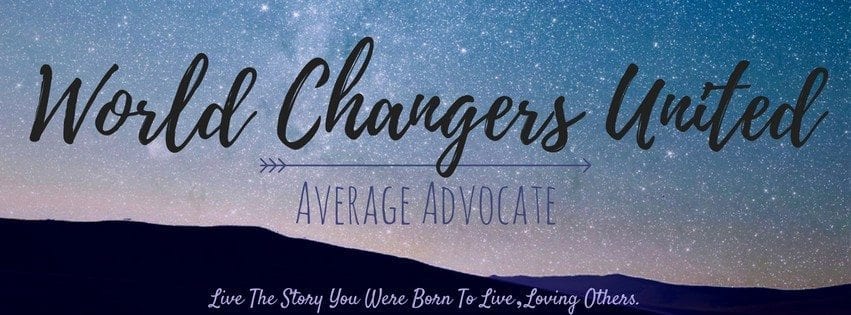


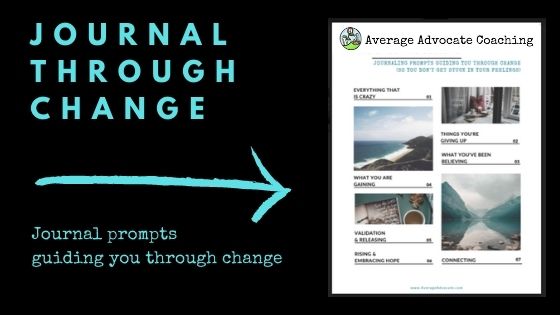
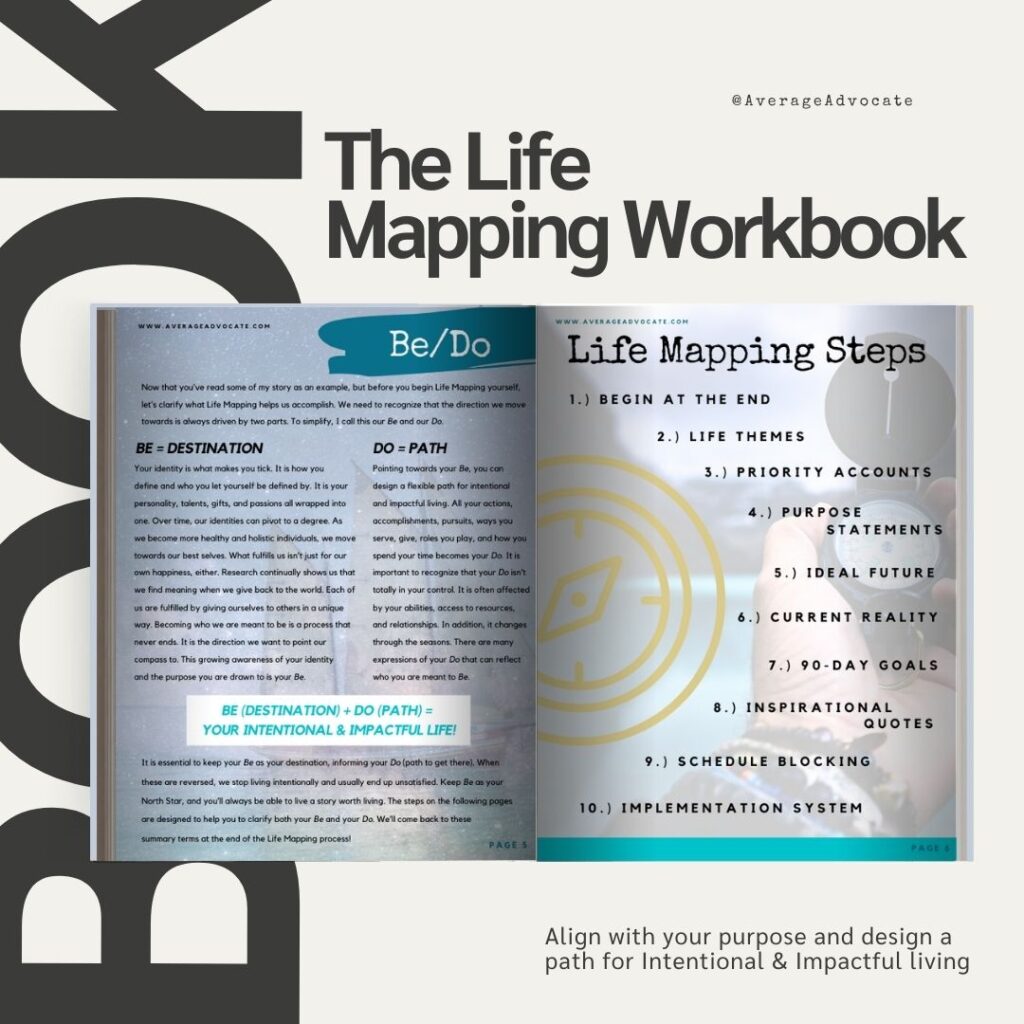


Trackbacks/Pingbacks